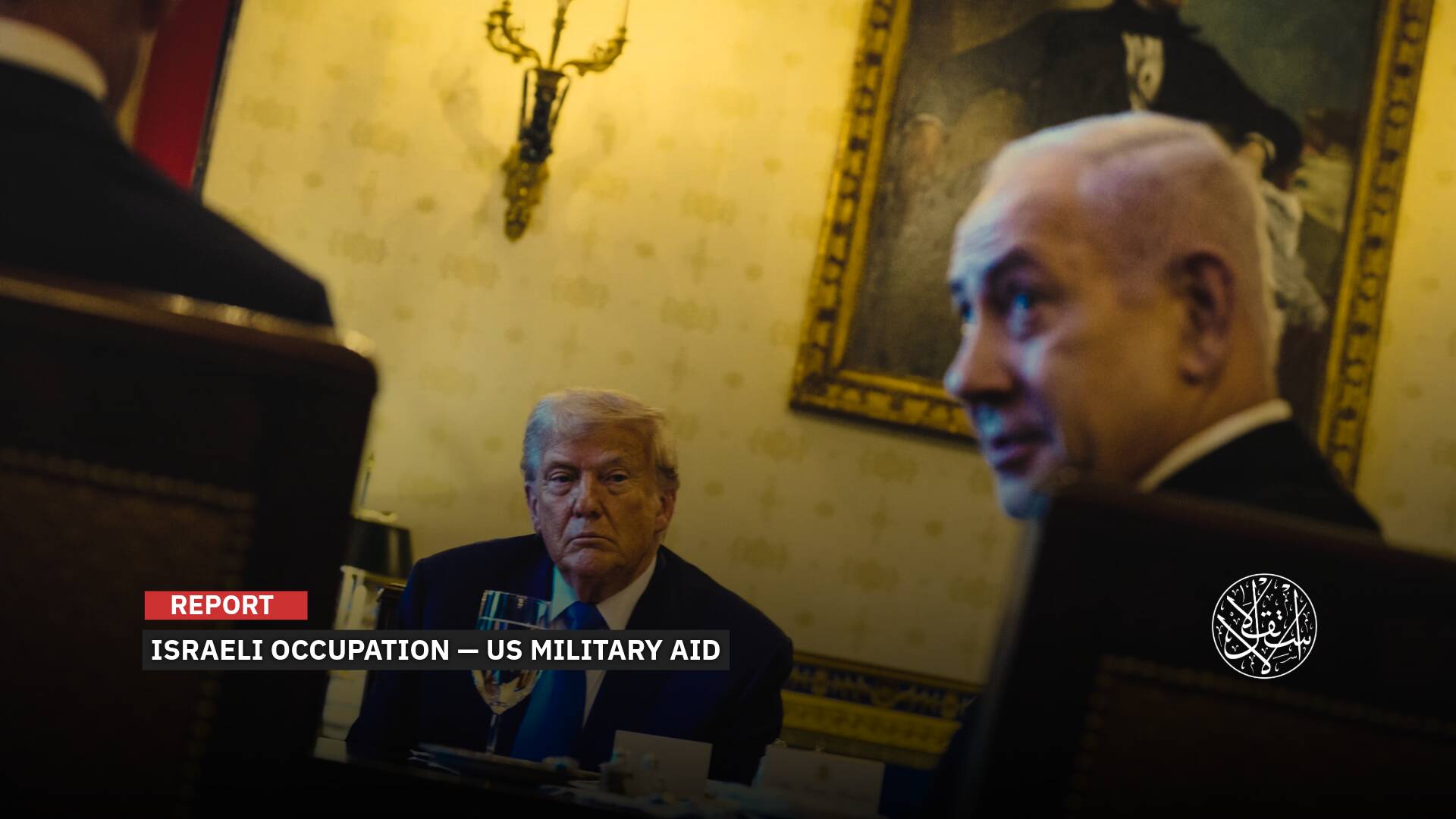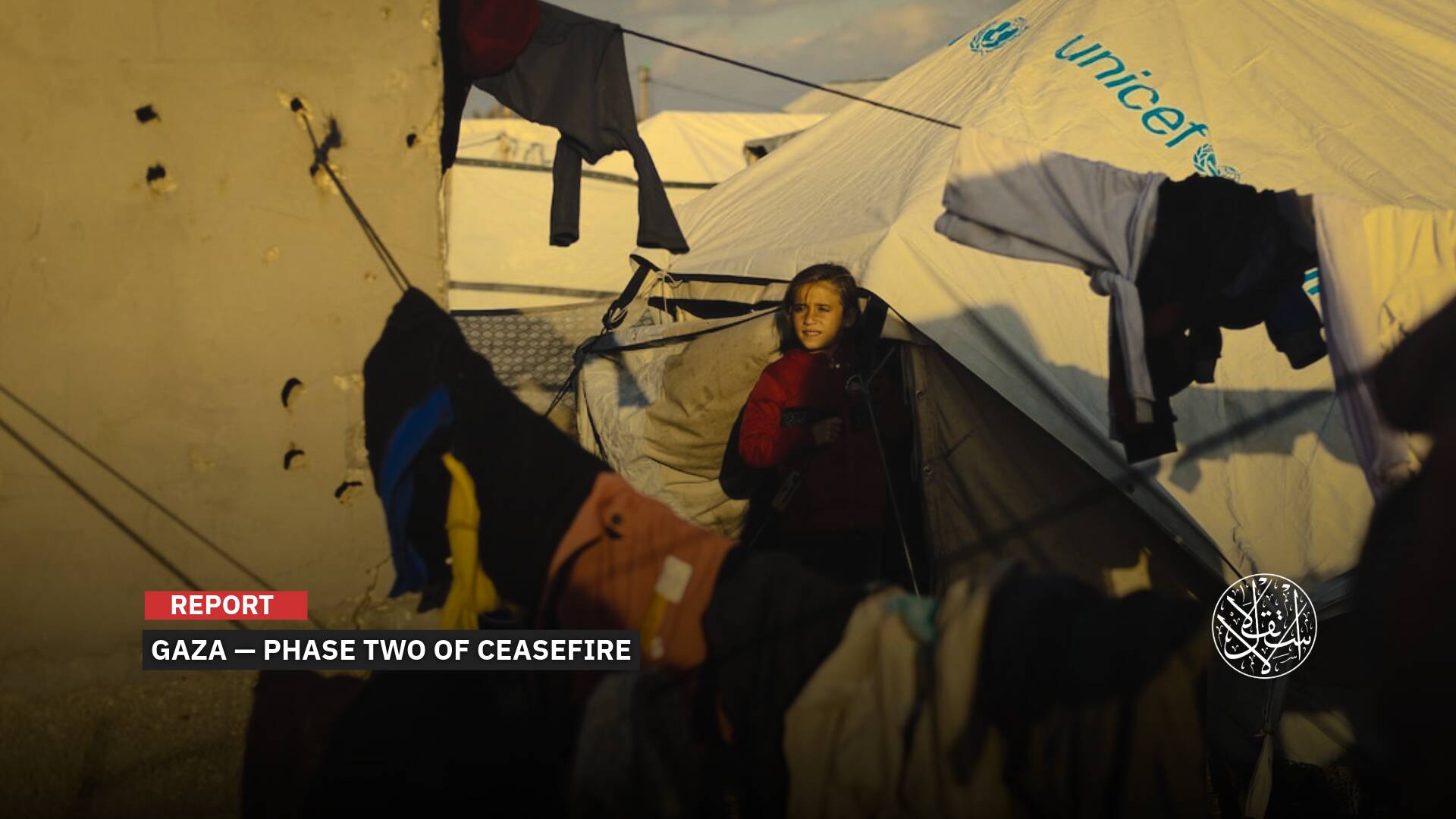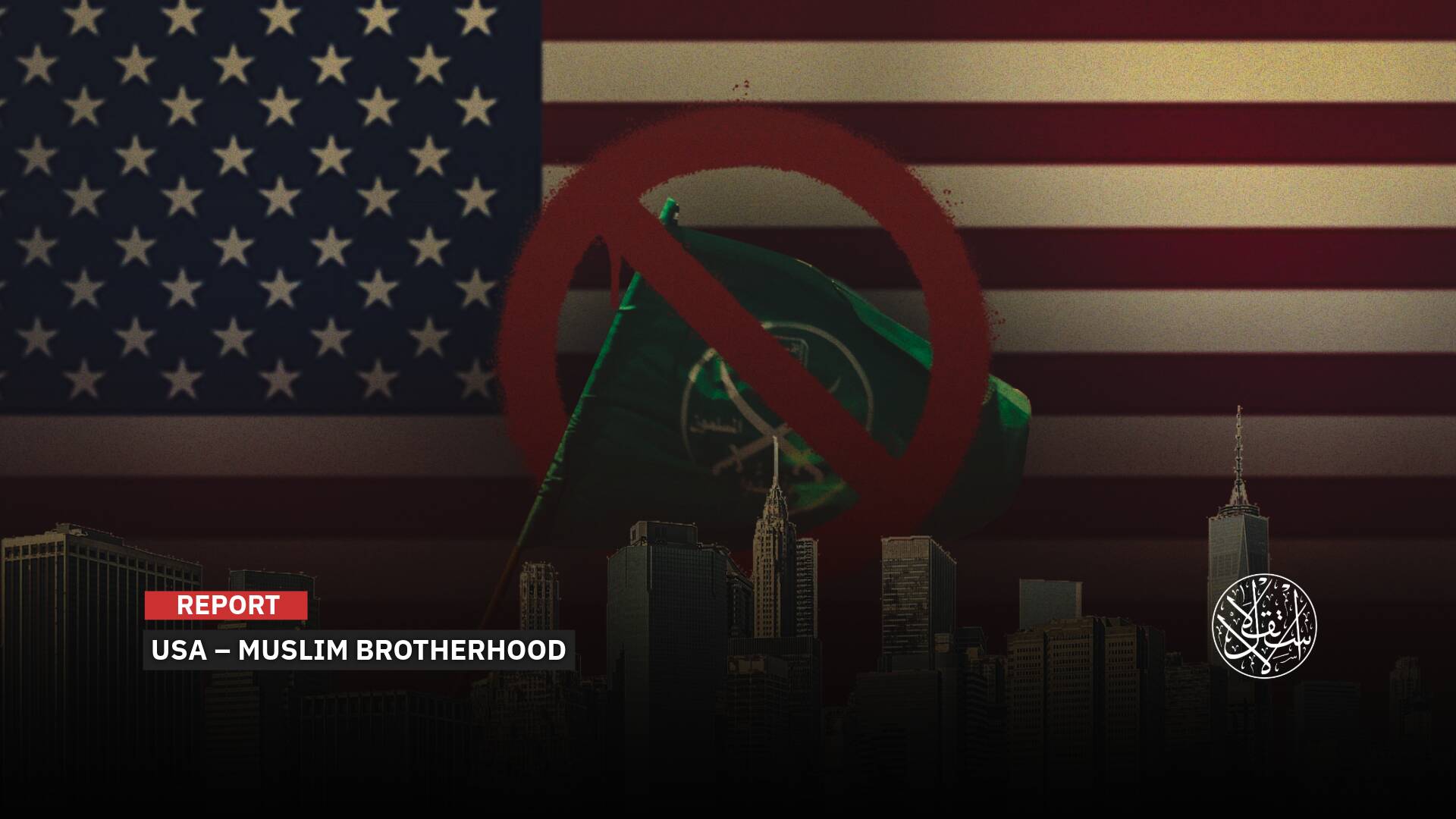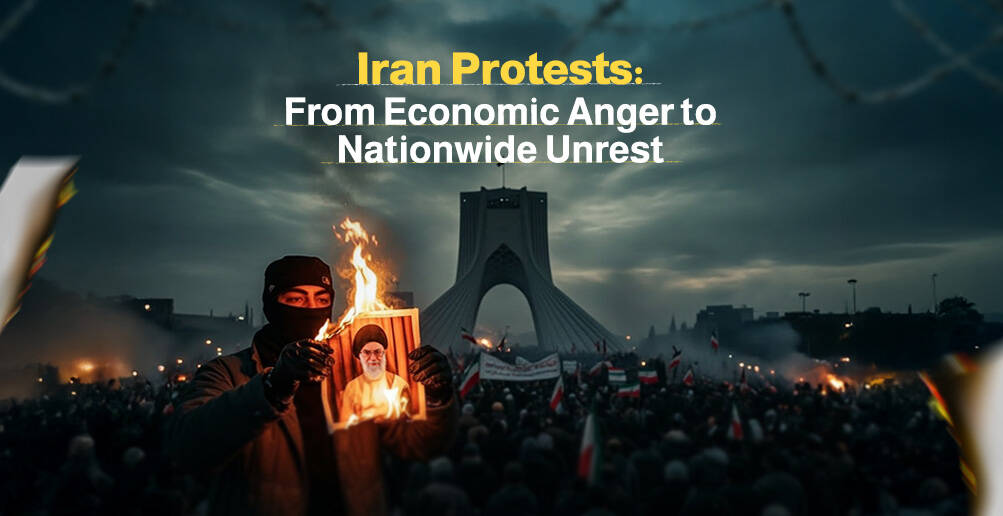UK as a Global Hub for Money Laundering: The Kremlin’s Allies Defy Sanctions and Invest in Real Estate
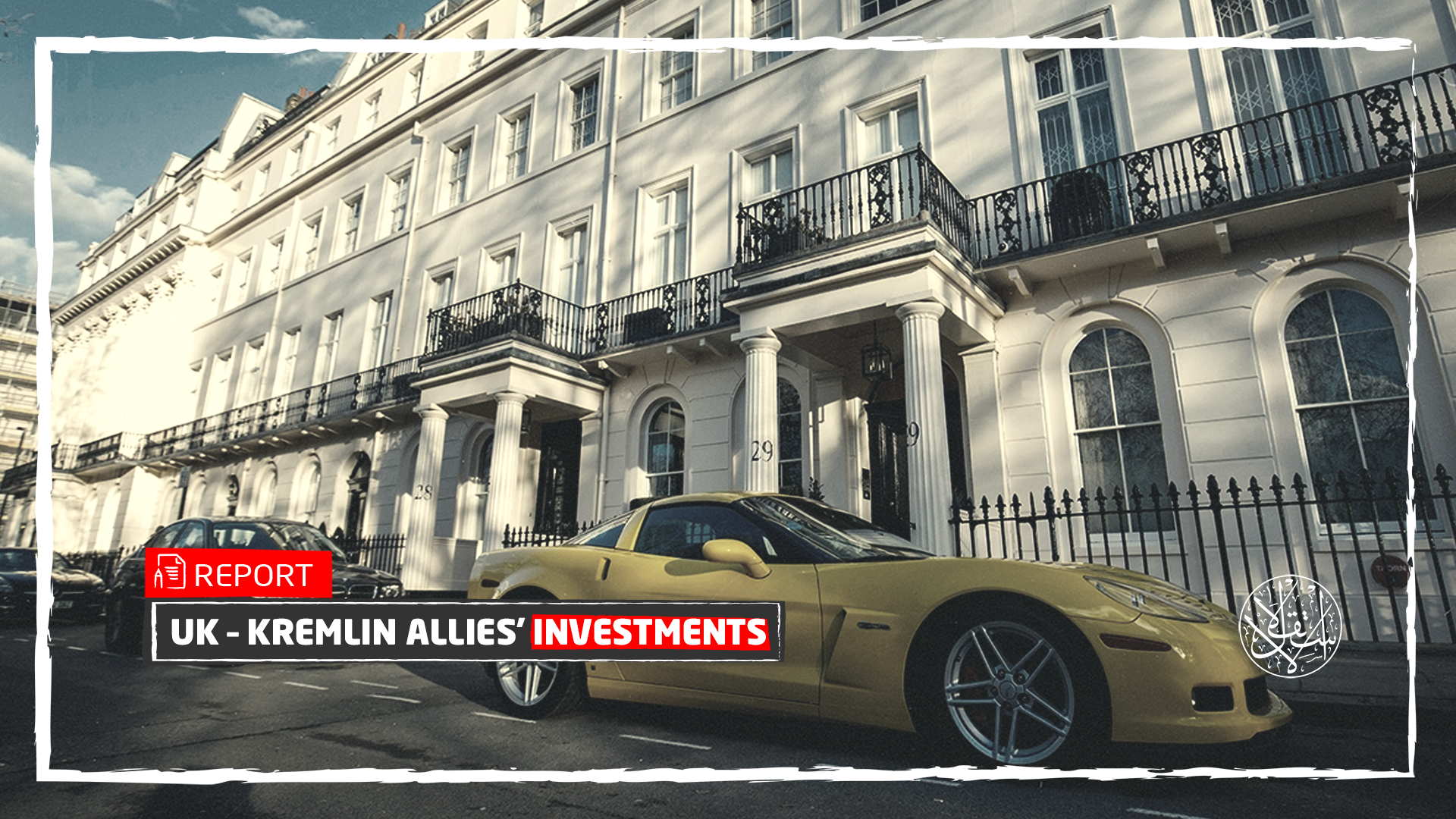
A report by Transparency International revealed, on February 7, 2023, that unknown persons, including personalities close to Russia, own thousands of properties in Britain, despite the sanctions imposed by London on Moscow due to the war in Ukraine.
The report comes despite the attempts of the British government, since the beginning of the Ukrainian war on February 24, 2022, to stop the flow of suspicious Russian funds to the United Kingdom.
The report explained that nearly 52,000 properties in the UK are owned by anonymous investors, including members close to the Kremlin.

Secret Activities
The report published by Agence France-Presse pointed out that the value of real estate amounts to more than 6.7 billion pounds sterling or about 8.1 billion US dollars.
The real estate owned by those close to the Kremlin includes luxury buildings in London, which were bought with suspicious money via clandestine offshore companies.
The term Offshore Company is used to describe a company incorporated or registered in a financial center outside the country’s borders, a tax haven, or engaged in manufacturing or servicing a business outside the country’s borders.
In the Transparency International report, more than a fifth of the money, or £1.5 billion, invested in property in the UK is “suspected of being from Russia” or belongs to those “sanctioned or close to the Kremlin.”
In March 2022, a study by Transparency International UK revealed the existence of the equivalent of $2 billion in real estate distributed in the United Kingdom and owned by Russian personalities accused of financial crimes or linked to the Kremlin.
Most of these properties are owned by secret companies established outside Britain, adding that the illegal wealth that is being invested in the United Kingdom is very high.
Estimates of the British foundation indicate that there are suspicions of money laundering hovering around 90,000 properties spread across most British cities, all of which belong to secret companies or whose identity is not fully known, which makes it a difficult task for the British government to count these properties.
A study by the same institution shows that companies registered in the United Kingdom and the islands belonging to the British Crown are used in order to cover up the flow of illegal funds to various countries of the world.
In its study, the foundation counted more than 2,189 companies that are used in money laundering, including 48 Russian companies suspected of being involved in money laundering and corruption, and the amount of money flowing into these companies is $85 billion.
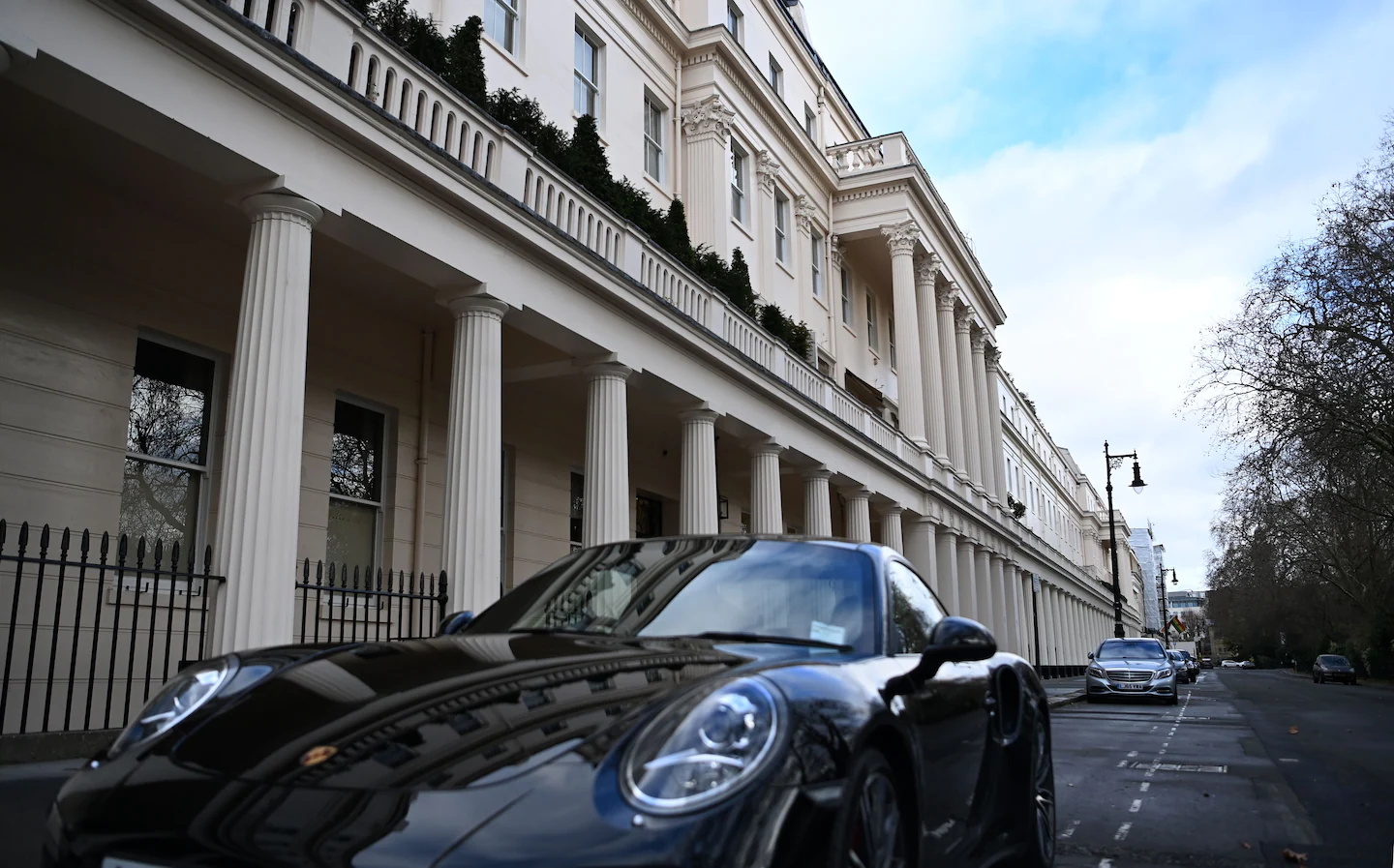
Russian Money
Britain says it has been waging a campaign since last year, targeting Russian money flowing from shell companies and tax havens, the latest of which was the government’s launch in August 2022 of a new register of “foreign entities,” requiring foreign companies to declare the ultimate beneficiary of any property they acquire in the UK.
More than 18,000 offshore companies collectively own about 52,000 properties in Britain and Wales, according to the report, which continued that these companies either completely ignored the law or provided information that makes it impossible for the public to know who owns them. This includes companies that are said to be owned by corrupt oligarchs or sanctioned individuals.
Duncan Hames, director of policy at Transparency International, said that transparency about who really owns property is vital to addressing Britain’s role as a global center for dirty money.
He warned that without action from Parliament to close the loopholes in the law and effective enforcement, this promising reform will fail to achieve its goal of providing fewer places to hide corrupt wealth.
There was no immediate comment from the British government or the Kremlin on Transparency International’s report.
Britain’s National Crime Agency (NCA) said in December 2022 that it had arrested a “rich Russian businessman” on suspicion of money laundering and other crimes as part of a crackdown on corrupt oligarchs.
The agency added that the 58-year-old man, whose identity was not revealed, was among three others who were arrested by officers from the Anti-Corruption Unit in an apartment building in London.
NCA’s Director General Graeme Biggar said the Anti-Corruption Unit, set up in 2022 to tackle attempts to evade sanctions and combat elite corruption, had a significant impact on the criminal activity of wealthy Russians, professionals facilitating services for them, and those linked to the Russian government.

Hub of Dirty Money
It is noteworthy that several Western media reports classified London in 2022 as the capital of dirty money in the world, according to a description launched by the British Financial Times.
The FT stated at the time that the United Kingdom not only turned a blind eye to Russian money but welcomed it, referring to the wealth of Russian businessmen known as the Russian oligarchs who reaped enormous profits after the fall of the Soviet Union in 1991.
The UK is described as an open financial center, but it lacks, according to the newspaper, clear and practical rules in the field of financial audit, stressing the absence of the ability to verify erroneous information and data and remove them from the record.
Regarding the responsibility of successive British governments in the exacerbation of this phenomenon, the newspaper said that the major shift in this framework began during the era of the late Prime Minister Margaret Thatcher when she decided to liberalize the financial services sector.
Wealthy Russians have flocked to the British capital since the start of the Russian war in Ukraine. Some were looking for a stable home for legitimate wealth, some tried to take advantage of the benefits of taxation, and others looked for ways to launder their money obtained in circumstances that would not be considered criminal but remain corrupt in the eyes of Westerners.
In addition to an industry that emerged around these fortunes of lawyers, accountants, bankers, and professionals in other fields who were given confidential and costly assurances as well, prompting the NCA to say that the United Kingdom has a money laundering problem amounting to 100 billion pounds a year.



